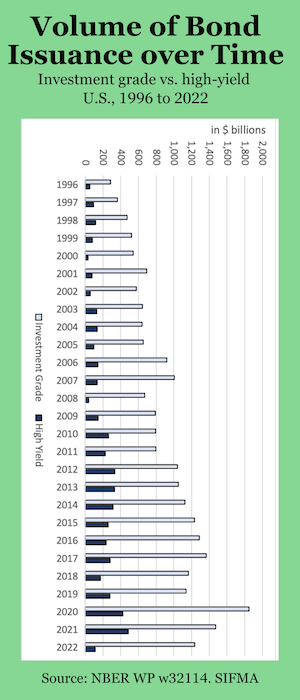Sixty-one percent of Australians support a rise in the Superannuation Guarantee to 12% and are prepared to pay for it with a direct contribution from their wages, according to a survey released March 15 by the Australian Institute of Superannuation Trustees.
Superannuation Guarantee is the official term for compulsory contributions to retirement funds made by employers in Australia on behalf of their employees. An employer must contribute the equivalent of 9 per cent of an employee’s salary.
There’s more to the situation than the contribution rate, however. The Australia system of private retirement accounts funded by employer contributions, which supplements a state old-age pension and private savings, is complicated by the way contributions are taxed, by the still-meager savings of older workers for whom the program arrived late in life, and controversies over the fees and commissions paid to the managers of the retirement funds.
The AIST-commissioned consumer survey, conducted March 3-11, was released at the Conference of Major Super Funds in Brisbane, according to Investment magazine in Sydney. It suggests many Australians are concerned that their current level of super contributions won’t provide them with enough retirement income.
AIST CEO Fiona Reynolds said it appeared that the community was ahead of the views of most politicians on the need to lift the level of super contributions.
“It seems that both the super industry and the public understand that 9% … is not going to deliver a comfortable retirement. We hope this message is received by the government and … that steps are taken to improve adequacy within our retirement incomes system,” Ms. Reynolds said.
The Superannuation Guarantee contribution was originally set at 3% of the employees’ income, and has been incrementally increased by the Australian government.
Since July 2002, the minimum contribution has been set at 9% of an employee’s ordinary time earnings. The 9% doesn’t apply to overtime rates but is payable on bonuses and commissions.
Although compulsory superannuation is now popular, small business groups resisted it at first, fearing the burden associated with its implementation and its ongoing costs.
After more than a decade of compulsory contributions, Australian workers have over AU$1.177 trillion superannuation assets. Australians now have more money invested in managed funds per capita than any other economy.
© 2010 RIJ Publishing. All rights reserved.


